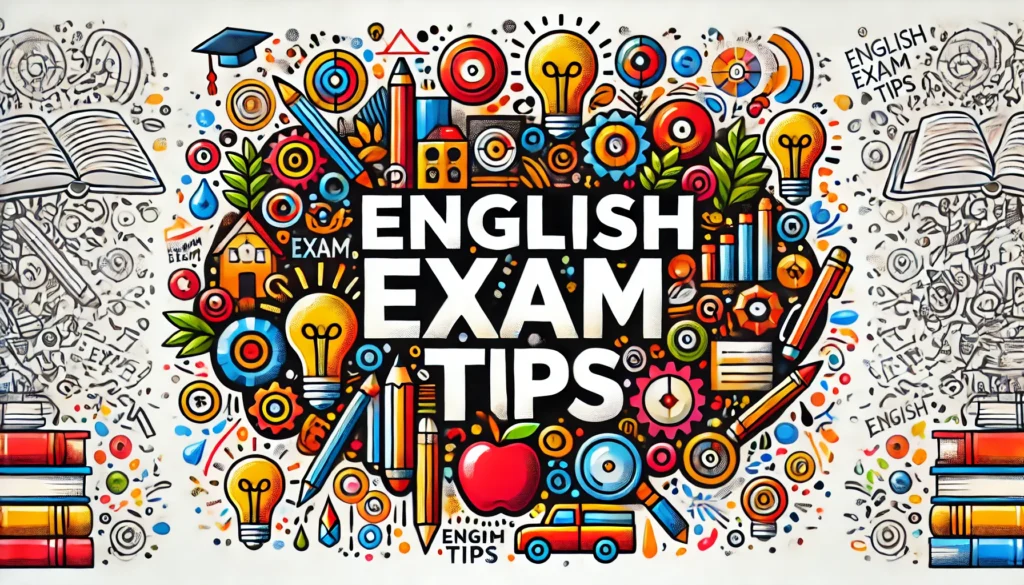Primary school English curriculum in Singapore emphasizes the development of reading, writing, listening, and speaking skills. The English exam and test papers are meticulously crafted by top schools to enhance vocabulary, grammar, comprehension, and composition abilities. These papers provide students with sufficient practice to understand and use the language effectively in various contexts, preparing them thoroughly for their exams.
Primary 3 (P3) English Exam & Test Papers (all schools)
- Exam Year 2023
- Exam Year 2022
- Exam Year 2021
- Exam Year 2020
Primary 4 (P4) English Exam & Test Papers (all schools)
- Exam Year 2023
- Exam Year 2022
- Exam Year 2021
- Exam Year 2020
Primary 5 (P5) English Exam & Test Papers (all schools)
- Exam Year 2023
- Exam Year 2022
- Exam Year 2021
- Exam Year 2020
Primary 6 (P6) English Exam & Test Papers (all schools)
- Exam Year 2023
- Exam Year 2022
- Exam Year 2021
- Exam Year 2020

Primary School English Curriculum in Singapore
Lower Primary (Primary 1-3)
The English curriculum for Lower Primary students in Singapore is designed to build a solid foundation in the essential aspects of the language. At this stage, the focus is on developing basic language skills, including reading, writing, listening, and speaking.
Reading:
- Phonics: The phonics approach is extensively used to help students understand the relationship between letters and sounds, which is crucial for decoding words. This includes learning about consonants, vowels, blends, and digraphs.
- Vocabulary Building: New words are introduced systematically, and students are encouraged to use these words in their daily communication and writing tasks. Picture books and graded readers are often used to make reading an enjoyable experience.
Writing:
- Basic Writing Skills: Students start with writing simple sentences and gradually progress to short paragraphs. They learn to use proper punctuation, capitalization, and basic grammar.
- Creative Exercises: Activities like drawing and writing captions, completing sentences, and composing short stories based on pictures are incorporated to stimulate creativity and expression.
Listening:
- Listening Activities: Songs, rhymes, and stories are played to enhance listening skills. Comprehension questions and discussions follow these activities to ensure students understand and can recount the content.
- Interactive Sessions: Role-playing and dialogue practices help in honing listening and responding skills.
Speaking:
- Oral Communication: Students are encouraged to participate in show-and-tell sessions, storytelling, and recitation of poems. These activities boost their confidence and fluency in speaking.
- Pronunciation and Intonation: Correct pronunciation and appropriate intonation are emphasized to ensure clear and effective communication.
Upper Primary (Primary 4-6)
As students transition to Upper Primary, the English curriculum evolves to enhance and refine their language abilities. The complexity of the tasks increases, preparing them for more advanced communication and comprehension skills.
Reading:
- Advanced Comprehension: Students engage with a variety of texts, including fiction, non-fiction, poetry, and informational texts. They learn to identify main ideas, infer meanings, and analyze characters and plot developments.
- Critical Thinking: Higher-order thinking skills are developed through questioning techniques and discussions. Students are encouraged to compare texts, identify themes, and express personal opinions backed by textual evidence.
Writing:
- Creative Writing: Students explore different genres of writing, such as narratives, expositions, and persuasive texts. They are taught to structure their writing with clear introductions, coherent body paragraphs, and strong conclusions.
- Grammar and Syntax: More complex grammar rules are introduced, including the use of various verb tenses, conjunctions, and clauses. Writing exercises focus on sentence variety, coherence, and cohesion.
Listening:
- Analytical Listening: Students listen to a wider range of audio materials, including interviews, speeches, and multimedia presentations. They learn to identify the speaker’s purpose, tone, and viewpoint.
- Note-Taking Skills: During listening activities, students practice taking notes to capture key points and details, which helps in organizing information for further discussion or writing tasks.
Speaking:
- Public Speaking: Formal speaking opportunities are provided through presentations, debates, and oral reports. Students are taught to articulate their ideas clearly and persuasively.
- Collaborative Discussions: Group discussions and projects foster collaborative communication skills. Students learn to listen actively, share ideas, and build on each other’s contributions.
The progression from Lower to Upper Primary in the English curriculum ensures that students not only acquire essential language skills but also develop the ability to use English effectively in various contexts. This holistic approach prepares them for the linguistic demands of higher education and beyond, fostering a lifelong appreciation and mastery of the English language.


